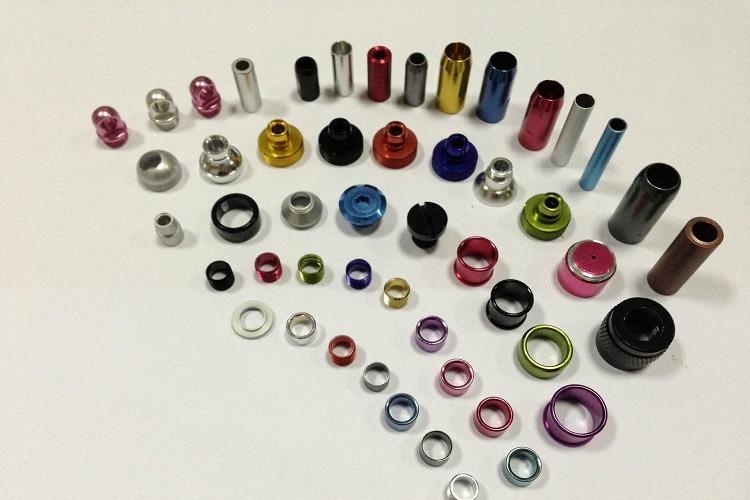Yes, anodizing aluminum actually enhances its durability significantly! Here's why:
Untreated aluminum is less suitable for long-term use because it is prone to fading, corrosion, and scratches. Through an electrochemical process, anodizing coats the aluminum surface with a hard oxide layer that resembles ceramic. This layer has a number of benefits:
l Increased Scratch Resistance: Envision a robust, non-scratch covering the aluminum. Similar to quartz and steel, anodized aluminum has a Mohs hardness score of 6 to 7. This implies that it is far more resilient than untreated aluminum to normal wear and tear, unintentional scrapes, and even some deliberate scratches.
l Enhanced Corrosion Resistance: The anodic oxide layer shields the aluminum from chemicals, moisture, and salt by acting as a barrier against corrosion. For outdoor applications or high humidity environments, this is essential. Because anodized aluminum has a high level of resistance to corrosion from saltwater, it is a popular material for marine applications such as boats and yachts.
l Improved Longevity: Depending on the quality and thickness of the oxide layer as well as exposure to harsh environments, a well-anodized aluminum surface can endure for decades with little upkeep. Anodized aluminum, when properly cared for, can endure fifty years or longer in architectural applications.



